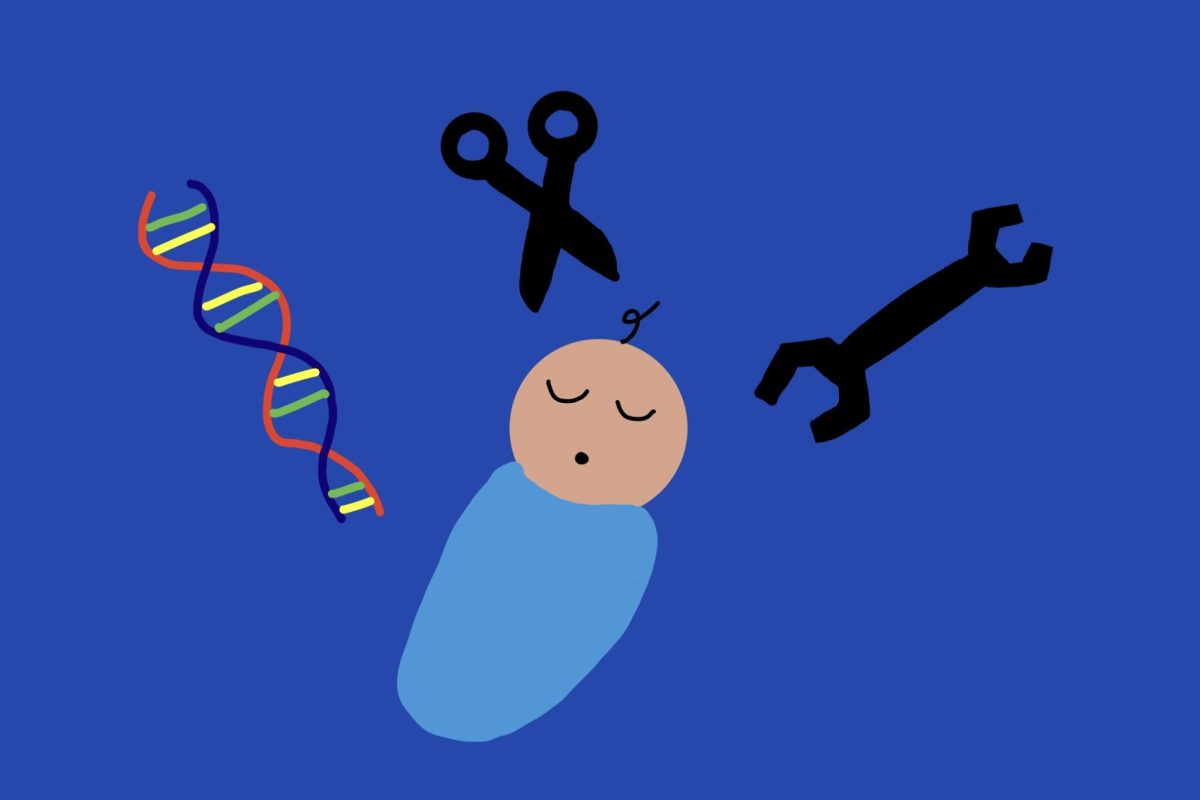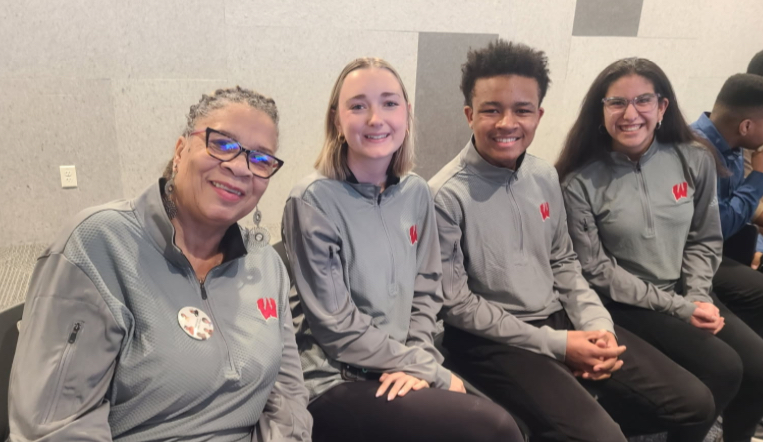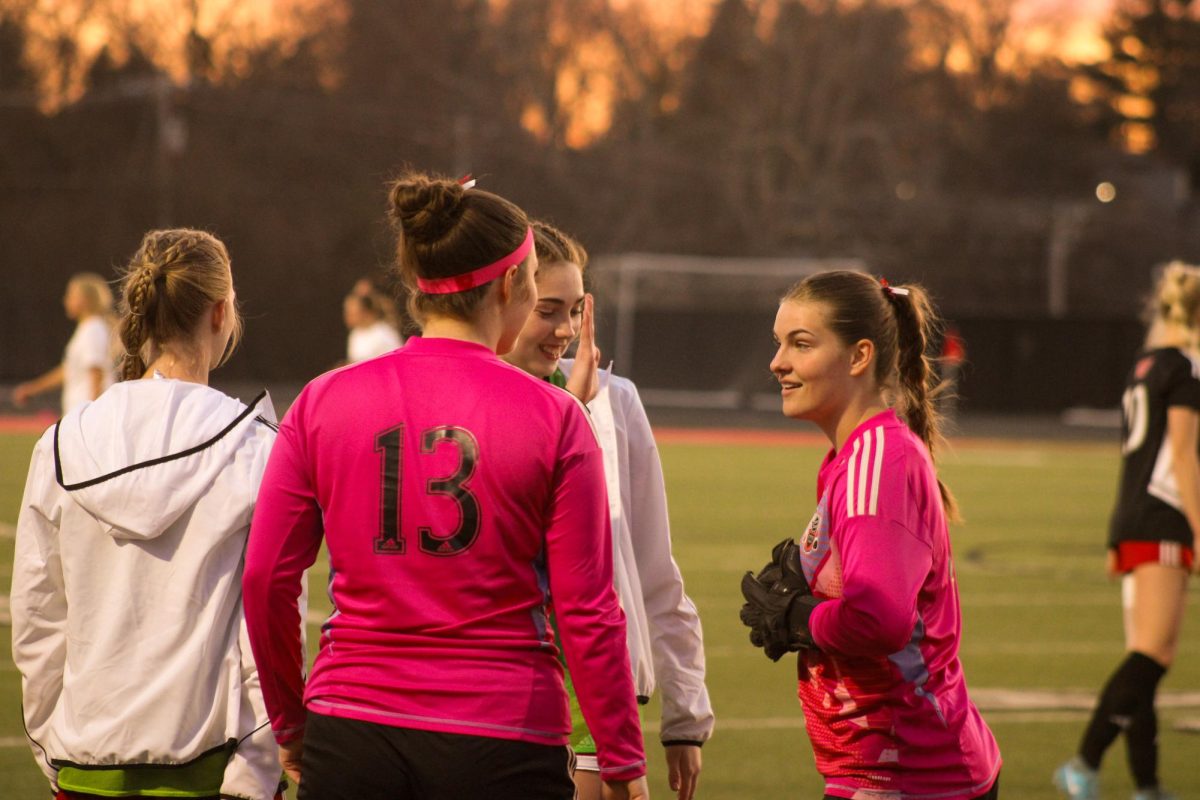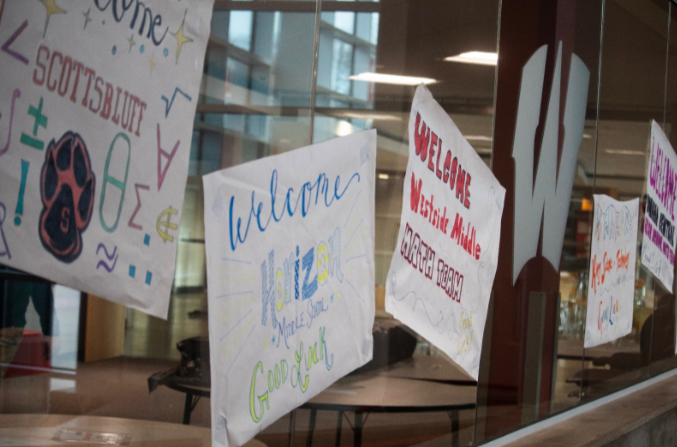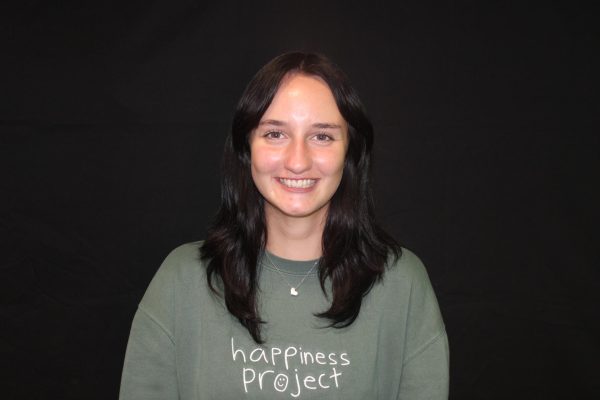Westside students enrolled in the Spanish 5 Honors class recently learned about scientific advancements in Latin America. One of the hot topics of discussion was the concept of ‘designer babies’. Spanish teacher Jennifer Paskach challenged the minds of students by asking them what they thought about this new technology and if they would consider using it in the future.
More specifically, “designer babies” refers to the genetic modification of embryos in order to have future children with desired characteristics. Some parents use the technology to prevent illnesses and disabilities, while others simply change the color of their child’s hair or eyes.
Spanish student Elizabeth Blakely believes that the technology can be used to benefit the future of your child.
“Yes, [it’s okay to use the technology] but only if it is used to stop a genetic disease that could cause health issues in the future,” Blakely said.
When asked about whether she would genetically engineer her embryos if they detected a disability like Down Syndrome, she expressed the difficulty of the situation.
“That would be a very hard decision to make at the moment,” Blakely said. “I think what I would decide to do would be based on my financial situation and my ability to provide for a child that does need more help or attention.”
In addition to the controversial aspect of the technology, Blakely recognizes that the future of society might lose its uniqueness.
“Something that scares me the most about genetic engineering is people losing their uniqueness because parents change little things to try to make them look ‘better looking,’” Blakely said.
Senior Orion Kucerik had a similar take on the benefits and drawbacks to the technology.
“I believe that it is okay to use genetic engineering as long as there are parameters in line,” Kucerik said. “I do not think that parents should be able to micro manage their child down to what they look like as it can lead to a bad parent-child relationship later on. It should only be used for illnesses and should not be as common as something like an ultrasound.”
Genetic engineering can replace a gene that is missing or is causing a problem. This in turn prevents diseases and illnesses that are detected early on. Kucerik believes that this aspect of the technology should be the only reason for genetic engineering.
“I would say it’s okay to use the technology if the embryos had early signs of any illnesses,” Kucerik said.
Kucerik wants the best quality of living for his future children, so he admits that personally he would use the technology to prevent certain disabilities if given the chance.
“If me and my partner are ill equipped to give someone with disabilities the best life, then yes I would use the technology to be able to give the child the best life,” Kucerik said.
While Kucerik supports the technology in certain instances, he still has reservations similar to Blakely about the effects that it would have on the diversity of our society.
“What scares me the most is that people would lose individuality if you could customize your own kid before they are even born,” Kucerik said.
Overall, the consensus of students seems to be that genetic engineering is good for our society, but only in certain cases.


